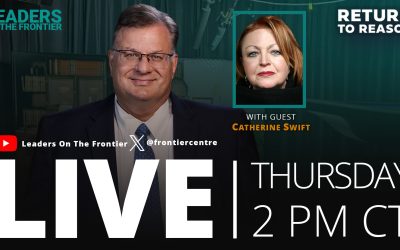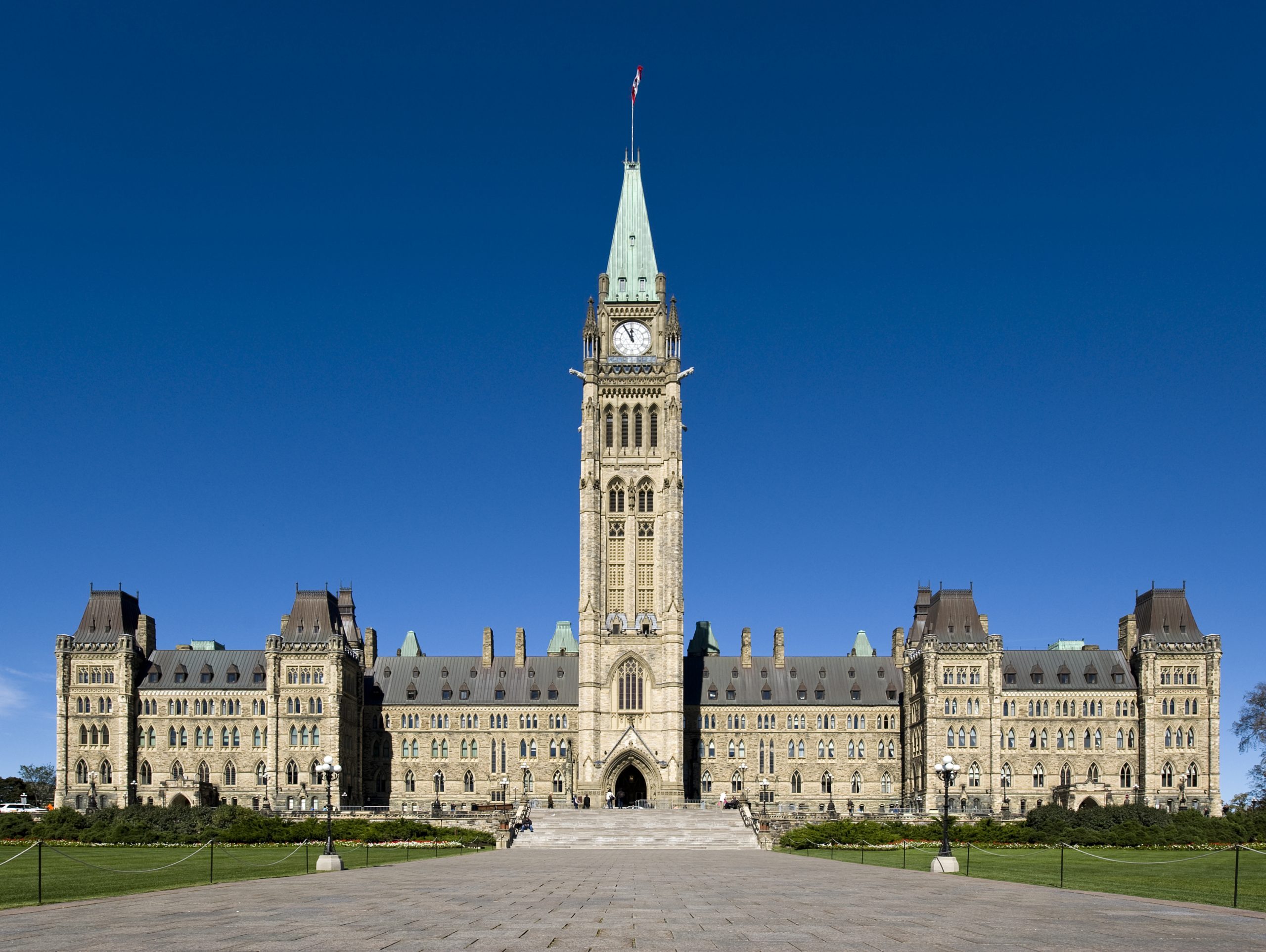Modern monetary theory (MMT) now plays a role in your life whether you know it or not. The theory argues that a nation can never truly run out of money, and advocates quantitative easing (QE) to solve a nation’s debt and unemployment problems.
Historically, quantitative easing and currency devaluation have been used as last-resort options to pay for growing national debt, war, recession or other crises. Today, in the wake of the COVID-19 pandemic, lockdown and enormous government spending to keep businesses alive, MMT and quantitative easing are very much on the table. They are not just mainstream ideas, but new economic systems that could define Western economies within a matter of months or years.
MMT and universal basic income (UBI) go hand in hand today, with the biggest advocates of the former also advocating the latter. Far-left New York Rep. Alexandria Ocasio Cortez has advocated both, and in January, she joined with dozens of other House Democrats in calling on the current U.S. president to deliver recurring cash payments to U.S. citizens (and non-citizens) instead of a single relief cheque.
“We kindly request that your incoming administration consider including support for recurring cash payments in your future economic relief plans,” the letter reads. “Recurring payments would provide a long term lifeline to struggling Americans for the duration of this deadly pandemic.”
UBI is trending again in Canada too. A Liberal MP gained cabinet ministers’ support for her universal basic income plan. In February, she introduced Bill C-273 which called for the federal Finance minister to begin studying various universal basic income models and formulate a plan to implement one such model nationally.
The Liberal MP said that a “broad swath” of MPs from her party supported the idea.
Canada’s eye-watering C$100 billion stimulus debt is already a cause for concern for the country’s leadership, with the International Monetary Fund (IMF) suggesting that continued spending in Canada might “weaken the credibility of the fiscal framework.” And with more than 850,000 jobs lost since the beginning of the pandemic, the economy needs dramatic action to get moving again.
To the socialist left, it all points to modern monetary theory and universal basic income. It’s an easy answer to a lot of the problems facing Western economies, but it ultimately leads to the devaluation of currency and could turn the nations that embrace QE the most into quasi-North Koreas with citizens trapped at home paying extortionary prices for foreign goods, and foreign business reluctant to invest in a nation that keeps devaluing its currency.
Should Western economies continue with the trend of offering direct financial relief to citizens through the COVID-19 pandemic and after? MMT will have to be implemented to absorb the costs. But an increase in the supply of cash does not necessarily stimulate the economy. 
The marginal propensity to consume for one of the millions of people either unemployed or only recently reentering the workforce is determined not just by their current income, but by consumer confidence, interest rates and general market conditions. A worker recently reentering the workforce after a year of low income and accumulating debt has no incentive to spend on much other than repaying that debt.
And even with a universal basic income, it could take a year or more for workers to feel comfortable spending their savings as the economy digs itself out of a hole. At best, a combination of MMT and UBI helicopter money in response to the COVID-19 pandemic would create short-term comfort for workers in debt, but long-term troubles when international travel and trade stabilize once again.
Economic measures taken in response to COVID-19 lockdowns were designed to ensure that life could remain as normal as possible. Workers who lost their jobs were offered direct income support to minimize the build-up of debt and a poverty crisis. Businesses forced to close their doors were given loans and grants to help them reopen once the pandemic is over. But MMT and UBI are long-term economic changes that do the opposite of maintaining the status quo.
As global economies heal and businesses reopen their doors, politicians are tasked with winning over the confidence of voters who may have lost everything. During economic strife, it’s easy for those politicians to promise the world, knowing that additional debt becomes less significant, yet, the deficit grows greater.
UBI is an easy way to win over voters, and MMT could ultimately become the way to pay for it.
Jack Buckby is a research associate with the Frontier Centre for Public Policy.
Photo by Micheile Henderson on Unsplash.



